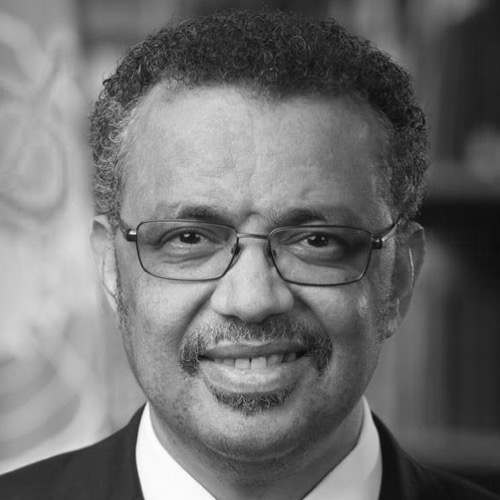The global pandemic has made the world acutely aware of the strengths and weaknesses of public health care systems around the world. Some governments have been better prepared than others, quicker to respond, have taken the threat more seriously, and have also helped less well-prepared states. As we come closer to the winter months there is a fear of a “second wave, peak, or spike” to the pandemic. Thus far, nearly 950,000 deaths have been registered around the world, whilst confirmed cases and daily fatalities have begun to creep up again after lockdown measures were eased. Though how exactly the future will pan out is unclear, leading the pandemic and the effects thereof to be associated with a flurry of different outcomes across a number of different domains, enough time may have passed to discern changes that have already been seen.
What lessons might be drawn for public healthcare systems around the world, given challenges of a global nature? What questions might there be going forward in the nexus of geopolitics and healthcare? What kind of collaboration and potentially politicisation might we see globally when it comes to a vaccine? How might the acute effects of the pandemic on both healthcare systems and economies signal more fundamental and lasting changes, especially as it concerns healthcare, and possibly even the spectre of biowarfare?
This session explores the challenges of public health in light of the Covid-19 pandemic, examining issues around biopolitics, international healthcare cooperation, and the challenges of globalisation.
Discussion Themes
This session intends to discuss the following:
• What has the Covid-19 pandemic taught us about the nature of globalisation today?
• What are the challenges facing public healthcare systems vis-a-vis the demands of the economy, as well as contemporary globalisation?
• Is now the time to discuss the threat of biowarfare and the politics and securitisation of health?
• How might international healthcare organisations such as the WHO adapt and change to challenges going forward?
• How has the Covid-19 pandemic demonstrated the both the strengths and weaknesses of contemporary globalisation?





